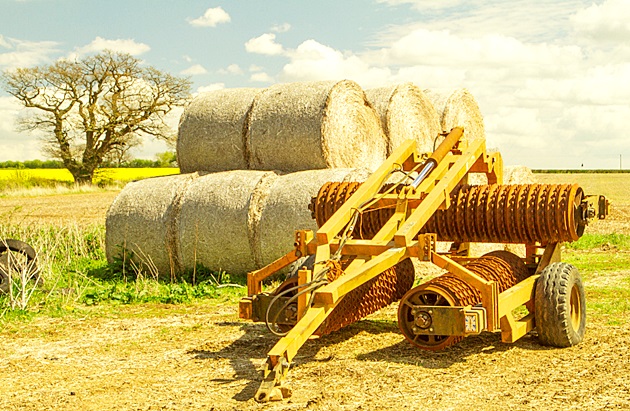815

Venture capital investments experienced a significant decline in 2023 as global businesses went through a period of turbulence.
Decreasing Investments
According to PitchBook data cited by FutureFarming, the agri-tech sector followed this pattern, with investments dropping from $11.8 billion in 2022 to $7.1 billion last year, a 40% reduction. Indoor agriculture was an area where this decline was particularly severe, dropping from $2 billion to under $500 million.
Early signs indicate that the market contraction has sown the seeds for robust merger and acquisition activity in 2024. In response to the downward trend, startups have been forced to create more sustainable business models.
Additionally, tech companies are newcomers to the market, drawn by the critical role of data in agriculture and the need to transform the industry in response to growing environmental concerns.
According to Ali Al Suhail, Vice President at DAI Magister, the strong devaluation of agri-tech firms means that both venture-backed startups and early-stage ones will continue to suffer in 2024. As alternative growth routes, these firms need to shift their focus to seeking new partnerships or attracting acquisitions.
Accentuating Synergies
Precision agriculture firms may accentuate technological synergies to attract technology buyers
Al Suhail said, "To attract the right buyer, agri-tech firms need to consolidate their messages to crystallize the distinct challenges and opportunities in the sector. Precision agriculture firms, for example, may accentuate technological synergies to attract technology buyers.
Other firms in the sector may focus on a different set of buyers. Looking at fintech solutions for farmers, those firms will need to attract investors by presenting fund management capabilities."
Farmers' Economy
"Ultimately, agricultural technology is a market intrinsically linked to farmers' economy and regulatory environment. It is also a sector heavily impacted by the forces of the natural world. If there are supply shortages or volatile changes in commodity prices, market confidence can vary greatly.
To bring in new investments, it is therefore a matter of educating the broader market about the sector's challenges and how new and innovative solutions will drive the industry forward."
Al Suhail: "In the first quarter of this year, we saw some new interesting buyers enter the market. Where historically limited adoption by farmers of agri-tech solutions has diminished their investment profitability and data standardization, a recent shift signaled a broader embrace of technological applications, driven by regulatory focus on climate and farmers' efforts to optimize yield."
Bayer and Microsoft Example
"A strong example of a new entrant is the tech giant Microsoft, which has partnered with Bayer to create data solutions for the agricultural industry. Similarly, Google recently launched Mineral.ai, a tool that utilizes artificial intelligence and machine learning to unlock sustainable farming methods.
In early 2023, Google claimed to have already analyzed 10% of the world's farmland and we expect to make significant progress this year."
The entry of tech giants can help break the valuation ceiling of agri-tech mergers and acquisitions
"Ultimately, AWS collaborated with Leaf, making the Unified Farm Data API available on the AWS Marketplace. These launches and partnerships signal a period of transformation for agri-tech, with new entrants stimulating technology adoption."
Al Suhail concluded: "The entry of tech giants can help break the valuation ceiling of agri-tech mergers and acquisitions, which has seen only a dozen companies surpass the $250 million valuation threshold in the past decade.
This could unlock fundraising opportunities for growth-stage players in the sector, who have faced doubts from investors about their ability to surpass the $250 million valuation threshold." (Photo: Dreamstime)




